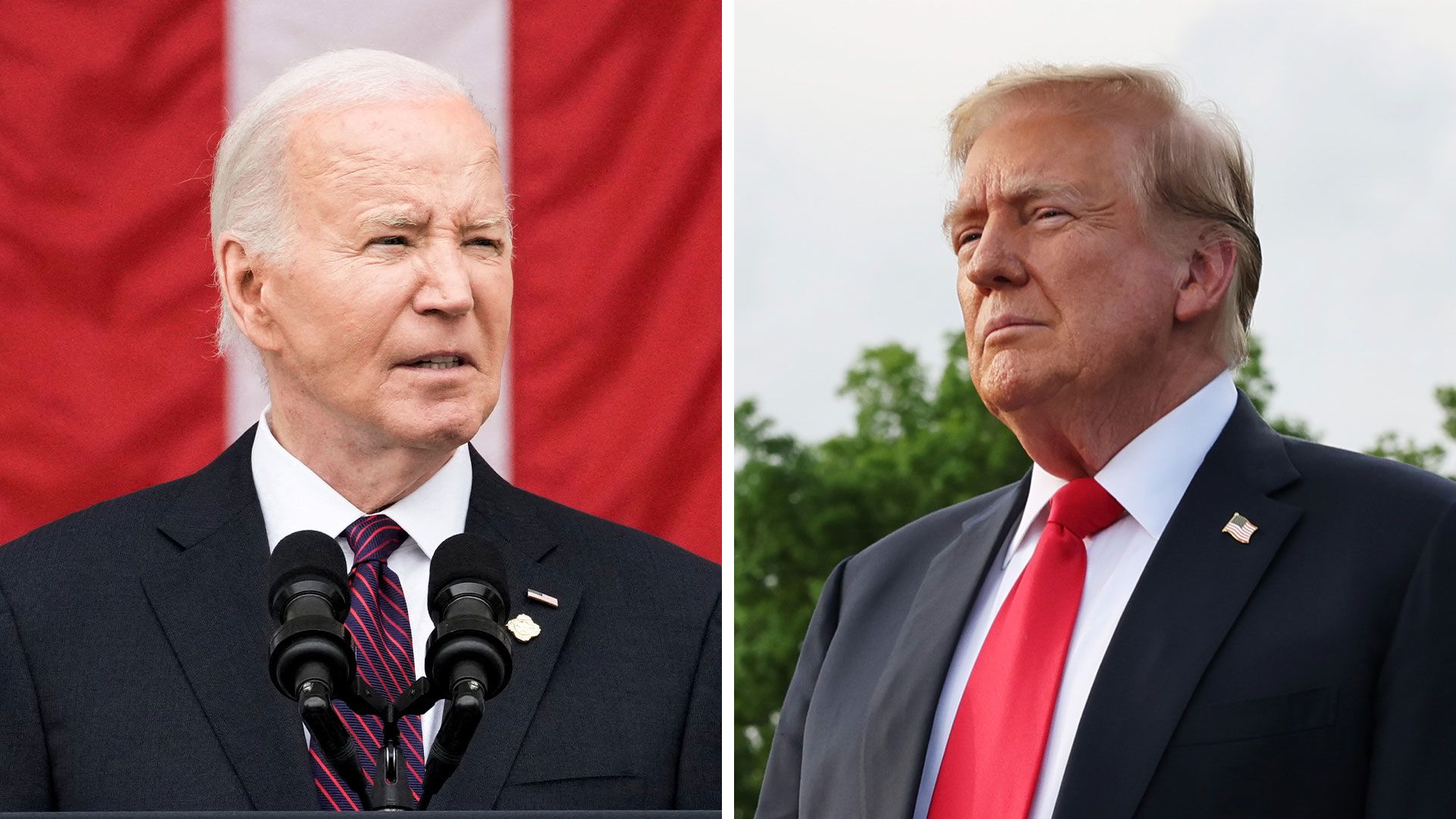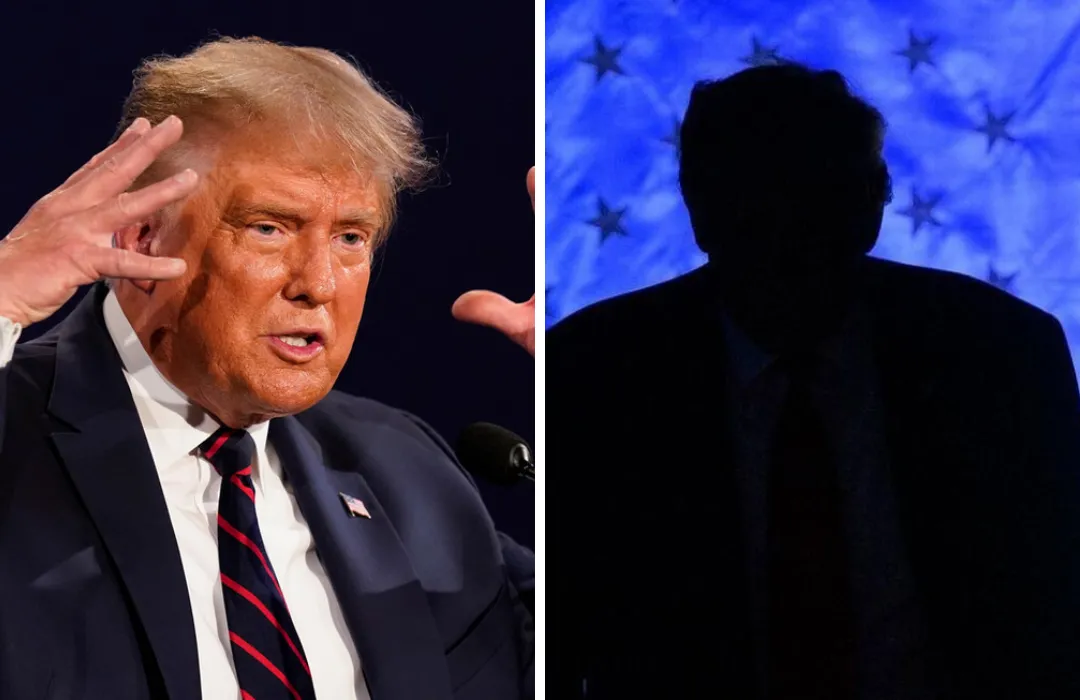
As the Republican Party looks ahead to the 2028 presidential election, one of the most significant shifts occurring within the party is its growing engagement with the tech industry and the younger, more tech-savvy voters who are driving much of the economy forward.
In recent years, the GOP has increasingly courted candidates who can speak to the concerns of Silicon Valley, the digital economy, and the next wave of technological innovation.
The party’s traditional economic message of free markets, lower taxes, and limited regulation is now being paired with a pro-innovation approach that seeks to appeal to the digital economy, cryptocurrency enthusiasts, and the growing tech sector that has reshaped the way America functions.
At the heart of this shift are prominent Republican figures such as Senators Ted Cruz and Josh Hawley, both of whom have expressed increasing interest in crafting a “tech-forward” GOP agenda.
They are attempting to position the Republican Party as not only the party of fiscal conservatism but also as the party of innovation, digital freedom, and entrepreneurship.
This new focus on technology and the economy aligns with the changing face of American politics, where issues like cryptocurrency, artificial intelligence, and digital rights are becoming increasingly central to the conversation.
However, as the GOP moves further into the world of tech, it faces significant challenges. The rise of powerful tech moguls such as Elon Musk and Jeff Bezos, with their substantial influence over public opinion and their own political ambitions, complicates the party’s relationship with Silicon Valley.
The question arises: can the GOP embrace technological innovation while still maintaining its principles of free-market capitalism, limited government, and traditional conservative values?
The last decade has seen the rise of tech giants like Google, Amazon, and Facebook, whose products and services have fundamentally reshaped the way people live, work, and interact.
The digital economy has grown exponentially, and with it, the influence of tech companies in American political discourse. These companies, particularly in the realm of social media and data, have become key players in shaping public opinion and influencing the political landscape.
While Silicon Valley has traditionally leaned toward the left politically, with many of its top executives and employees supporting Democratic candidates, there has been growing dissatisfaction within the tech industry about the increasing regulatory oversight from both state and federal governments.
Tech companies have become targets of regulation from both Republicans and Democrats, who are increasingly concerned about issues such as data privacy, content moderation, and the concentration of market power.
For Republicans, the challenge is clear: how can the party align itself with the growing tech sector while maintaining its traditional stance on limited government intervention?
This is a particularly pressing issue for younger voters, who are more likely to be engaged in the digital economy and more supportive of pro-innovation policies than previous generations.
For the GOP, attracting this demographic is crucial to future electoral success, especially as younger voters continue to shift away from the party in favor of the Democrats.
To address this challenge, the Republican Party has begun courting more pro-tech candidates who can speak to the concerns of the digital economy. Senators Ted Cruz and Josh Hawley are leading the charge, each with their own approach to integrating technology into the GOP platform.

Ted Cruz, for example, has long been an advocate for digital freedom and an opponent of heavy-handed government regulation in the tech sector. As a vocal critic of what he perceives as Silicon Valley’s left-wing bias, Cruz has made it clear that he believes tech companies should be subject to fewer regulations, not more.
He has also been a strong proponent of free speech online, arguing that companies like Facebook and Twitter should not be able to silence conservative voices.
Cruz’s stance on these issues aligns with the broader libertarian-leaning wing of the GOP, which favors a more hands-off approach to regulating the tech industry.
However, Cruz’s position has drawn the ire of some within his own party, particularly those who are concerned about the unchecked power of big tech and its role in shaping political discourse.
For Cruz and others in the pro-innovation camp, the challenge is to balance the need for fewer regulations with the growing concerns over the monopolistic power of tech giants.
Josh Hawley, meanwhile, has positioned himself as a leading critic of big tech companies and their influence over American society. His 2021 book, The Tyranny of Big Tech, argues that the dominance of companies like Facebook, Google, and Amazon represents a grave threat to democracy and personal freedom.
Hawley advocates for breaking up tech monopolies and subjecting them to stricter oversight. At the same time, he supports the growth of new technologies like cryptocurrency and blockchain, which he believes offer a more decentralized and freer alternative to the current digital landscape.
Hawley’s approach to tech policy represents a more populist vision of innovation. He believes that the rise of big tech has been accompanied by the erosion of personal freedoms and the concentration of power in the hands of a few corporate elites.

By advocating for the breakup of these monopolies, Hawley seeks to return power to the people and create a more competitive marketplace that benefits consumers and entrepreneurs alike.
Despite these differing approaches, both Cruz and Hawley share a common goal: to make the Republican Party the political home of pro-innovation policies that support the growth of new technologies while pushing back against the influence of Silicon Valley.
Their efforts are part of a broader strategy to reshape the GOP’s image and appeal to younger voters who are increasingly concerned with the future of the digital economy and the role of technology in society.
One of the most notable shifts in the Republican Party’s stance on technology has been its embrace of cryptocurrency and blockchain technology. Historically, the GOP has been cautious about regulating the tech sector, preferring to let the market work without heavy-handed intervention.
This libertarian stance has made the GOP a natural ally of the cryptocurrency movement, which seeks to decentralize financial systems and reduce government control over money.
Figures like Senator Cruz and Hawley have been vocal advocates for cryptocurrency, which they see as a tool for economic freedom and a challenge to the traditional banking system.
Their support for blockchain technology, which underpins cryptocurrencies like Bitcoin and Ethereum, is part of a broader pro-innovation agenda that seeks to break down barriers to new financial technologies.
These politicians argue that cryptocurrency has the potential to empower individuals and businesses, offering a more secure and transparent alternative to the traditional financial system.

However, the rise of cryptocurrency has also sparked concerns within the GOP, particularly among more traditional conservatives and business-oriented Republicans.
Some fear that the rise of decentralized currencies could undermine the stability of the financial system and pose risks to national security. The SEC’s increasing focus on regulating cryptocurrency companies has also sparked debate within the GOP, with some calling for more oversight of the industry to prevent fraud and manipulation.
Despite these concerns, the Republican Party’s growing embrace of cryptocurrency signals a broader shift toward pro-innovation policies that support the growth of new technologies while rejecting unnecessary regulation.
This shift could play a key role in the GOP’s efforts to appeal to younger, more tech-savvy voters who are more likely to embrace digital currencies and the disruptive potential of blockchain.
While the GOP’s embrace of tech innovation is gaining traction, the party’s relationship with tech giants like Elon Musk, Jeff Bezos, and Mark Zuckerberg remains a complicated issue.
These tech moguls wield significant influence not only in the business world but also in the political sphere. Musk, in particular, has become a powerful figure in both the tech and political worlds, with his outspoken support for free speech and his criticism of both political parties.
Musk’s influence over public opinion and his growing role in shaping political discourse have made him a figure of both admiration and concern within the GOP.
While many Republicans admire Musk’s entrepreneurial spirit and his push for technological innovation, others are wary of his growing power and his tendency to challenge traditional political norms.

His recent fallout with Trump has further complicated his relationship with the GOP, and some party members fear that Musk’s influence could undermine the party’s ability to maintain a clear message.
Bezos, the founder of Amazon, has also become a polarizing figure in the GOP. His wealth and influence, particularly his control over one of the largest e-commerce platforms in the world, have led to calls from Republicans to break up Amazon and impose stricter regulations on the tech giant.
However, Bezos’s growing influence in the political realm, particularly his support for progressive causes, has made him an adversary to many conservatives.
The GOP’s complicated relationship with tech giants like Musk and Bezos underscores the tension between embracing innovation and maintaining control over the economy.
While the party is eager to support new technologies and promote economic freedom, it is also wary of the outsized influence that these tech moguls have on public discourse and policy.
As the GOP continues to court tech-savvy candidates and champion pro-innovation policies, it will have to navigate this delicate balance between supporting technological growth and addressing concerns about the concentration of power in the hands of a few.
As the 2028 election approaches, the Republican Party’s stance on technology will likely become a key battleground in the primary contests. Candidates like Cruz and Hawley will likely continue to advocate for policies that support the growth of new technologies and promote economic freedom, while others in the party may push for more regulation and oversight of the tech industry.
This debate will play a significant role in shaping the party’s platform and its appeal to both younger voters and more traditional conservatives.

The GOP’s stance on technology could also become a critical issue in swing states, where voters are increasingly concerned with issues like data privacy, online security, and the role of tech companies in shaping public discourse.
If the GOP can successfully position itself as the party of innovation while balancing concerns about corporate power and privacy, it could make significant gains among younger voters and tech professionals.
However, the rise of tech giants like Musk and Bezos, coupled with the growing influence of digital currencies, will continue to challenge the GOP’s approach to technology.
As the party seeks to navigate the complexities of the digital age, it will need to find a way to balance its commitment to free-market principles with the need to address the growing power of tech companies and their influence over public life.
The Republican Party is at a crossroads. As the 2028 election approaches, its stance on technology will play a crucial role in shaping its future trajectory.
Figures like Ted Cruz and Josh Hawley are leading the charge to craft a tech-forward GOP agenda that embraces innovation and economic freedom while grappling with the influence of Silicon Valley’s giants.
The party’s ability to navigate this evolving landscape, balance concerns over corporate power, and appeal to younger, more diverse voters will determine its success in the years to come.
Whether the GOP can become the party of innovation without losing its core conservative values will be one of the most significant questions of the 2028 election.

As technology continues to reshape the economy and society, the GOP will need to adapt to the changing times—while staying true to its roots in limited government, free markets, and individual liberty. The tech-savvy, pro-innovation GOP of the future could be a force to reckon with—or it could be just another political flash in the pan.




